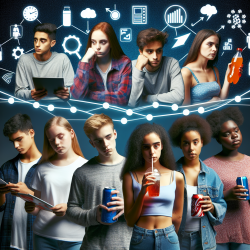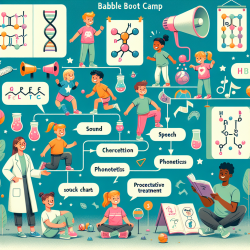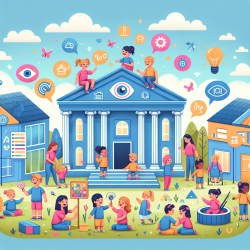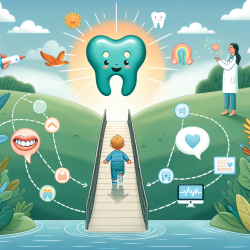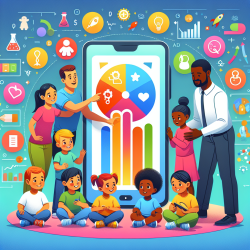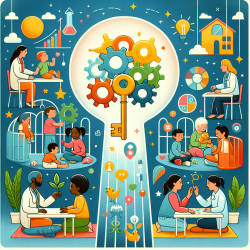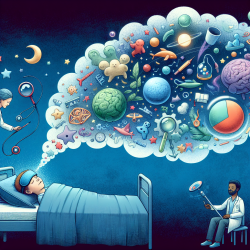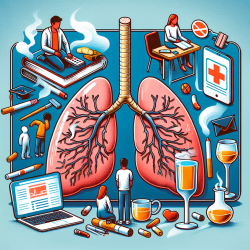Introduction
The increasing consumption of sugar-sweetened beverages (SSBs) among adolescents poses significant health risks, including obesity and type 2 diabetes. A recent study published in the European Journal of Public Health explores a novel risk factor—social jetlag—and its association with SSB intake among adolescents in Western Canada. This blog aims to provide practitioners with insights into how this research can inform their practice and encourage further exploration into this critical public health issue.
Understanding Social Jetlag
Social jetlag refers to the misalignment between an individual's biological clock and their social obligations, such as school start times. This misalignment often results in sleep deficits, which can influence dietary habits and overall health. Adolescents, due to their developmental stage, are particularly susceptible to social jetlag, which can disrupt their natural sleep-wake cycles and lead to unhealthy eating behaviors.
Research Findings
The study analyzed data from 1,031 adolescents aged 13-18 years in British Columbia. It found that social jetlag is prevalent among this group, with an average of 1.59 hours of discrepancy between weekday and weekend sleep times. Notably, the research revealed that social jetlag is associated with higher odds of SSB consumption, particularly among girls. Adolescents experiencing over 2 hours of social jetlag had significantly higher odds of consuming SSBs compared to those with less than 1 hour of social jetlag.
Implications for Practitioners
Practitioners working with adolescents should consider the impact of social jetlag on dietary habits. Here are some strategies to implement:
- Education: Educate adolescents and their families about the importance of maintaining consistent sleep schedules to reduce social jetlag.
- School Policies: Advocate for later school start times to align better with adolescents' natural sleep patterns, potentially reducing social jetlag.
- Intervention Programs: Develop programs that focus on reducing SSB consumption by addressing sleep hygiene and promoting healthier sleep patterns.
Encouraging Further Research
While this study provides valuable insights, further research is needed to explore the causal relationship between social jetlag and SSB consumption. Future studies could investigate the long-term health impacts of social jetlag and assess the effectiveness of interventions aimed at reducing its prevalence among adolescents.
Conclusion
Understanding the link between social jetlag and SSB consumption is crucial for developing effective public health strategies. By addressing sleep deficits and promoting healthier dietary habits, practitioners can contribute to improved health outcomes for adolescents. To read the original research paper, please follow this link: Association between social jetlag and sugar-sweetened beverages (SSBs) in adolescents in Western Canada.
